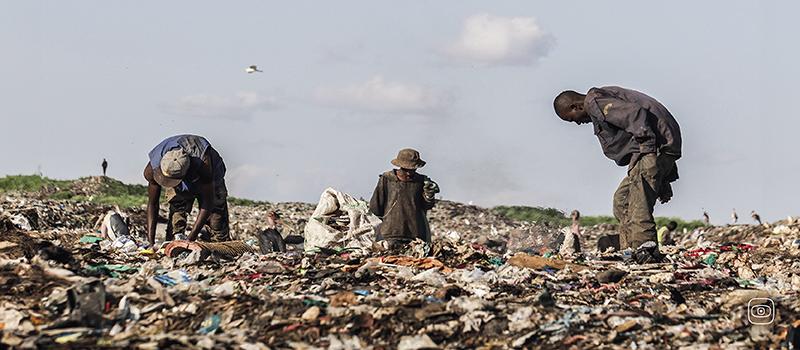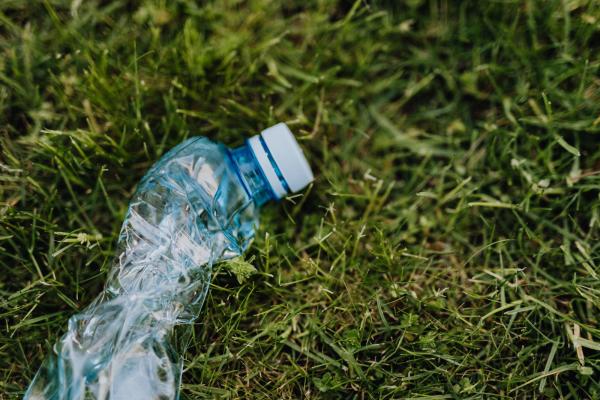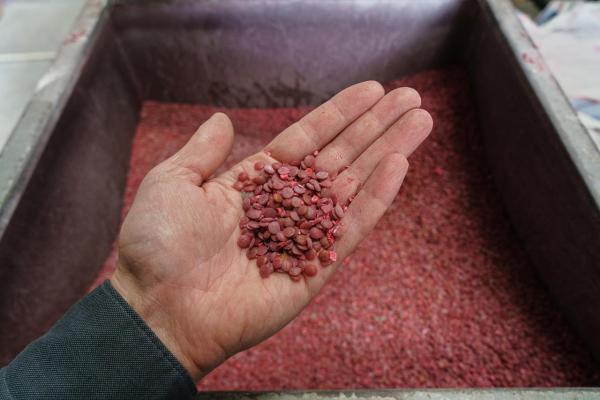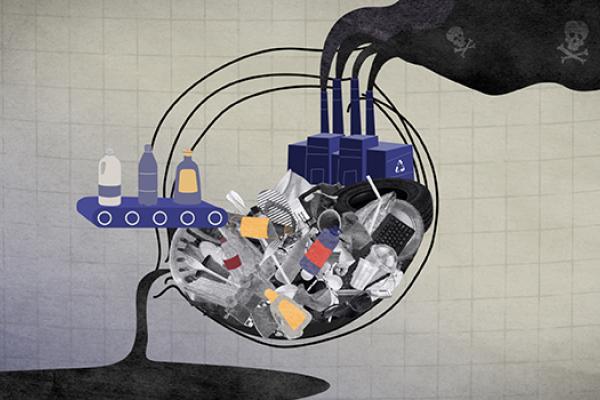The team interviewed waste pickers who live and work in the shadow of the Dandora dumpsite in Nairobi. They also investigated the links between plastic credit projects and petrochemical firms, and analysed registry data and corporate claims.
They uncovered a troubling pattern: companies are earning credits for plastic, which can be bought by luxury brands to improve their reputation. Meanwhile, those doing the actual collection - often in hazardous, informal conditions - see little benefit. Experts have warned that including these credits in the UN’s Global Plastics Treaty could entrench inequality and undermine real solutions. The investigation faced challenges including limited access to company financial records, and conducting sensitive reporting in unsafe environments.
Key findings:
- Plastic credits bypass waste pickers: Despite being marketed as a tool to improve waste picker livelihoods, one project in Kenya shows little evidence of delivering promised benefits, with informal workers excluded from collection chains.
- No improvement in pay or consultation: Waste pickers interviewed reported no increase in wages or living standards since the project began, and said they were not meaningfully consulted in its design or implementation.
- Non-additionality concerns: Some credit-generating activities began years before formal project registration, raising serious doubts about whether these offsets represent genuinely new environmental action.
- Petrochemical-backed greenwashing: Like many plastic credit projects, it is supported by the Alliance to End Plastic Waste, a group funded by Shell, Dow, and ExxonMobil—raising concerns that credits are being used to deflect responsibility and delay meaningful reductions in plastic production.
- Threat to global regulation: Industry lobbyists are pushing for plastic credits to be embedded in the Global Plastics Treaty and EPR systems, which Greenpeace and GAIA warn could weaken enforcement and divert funds from official schemes.
Illustration: Waste pickers recover recyclable materials from the Dandora dumpsite, Nairobi’s largest landfill, located in the city’s eastern outskirts. Despite the hazardous conditions, hundreds depend on the site for their daily income, salvaging plastics, metals, and other reusable waste for resale to recyclers. Nairobi, Dandora Dumping site. (c) James Wakibia






